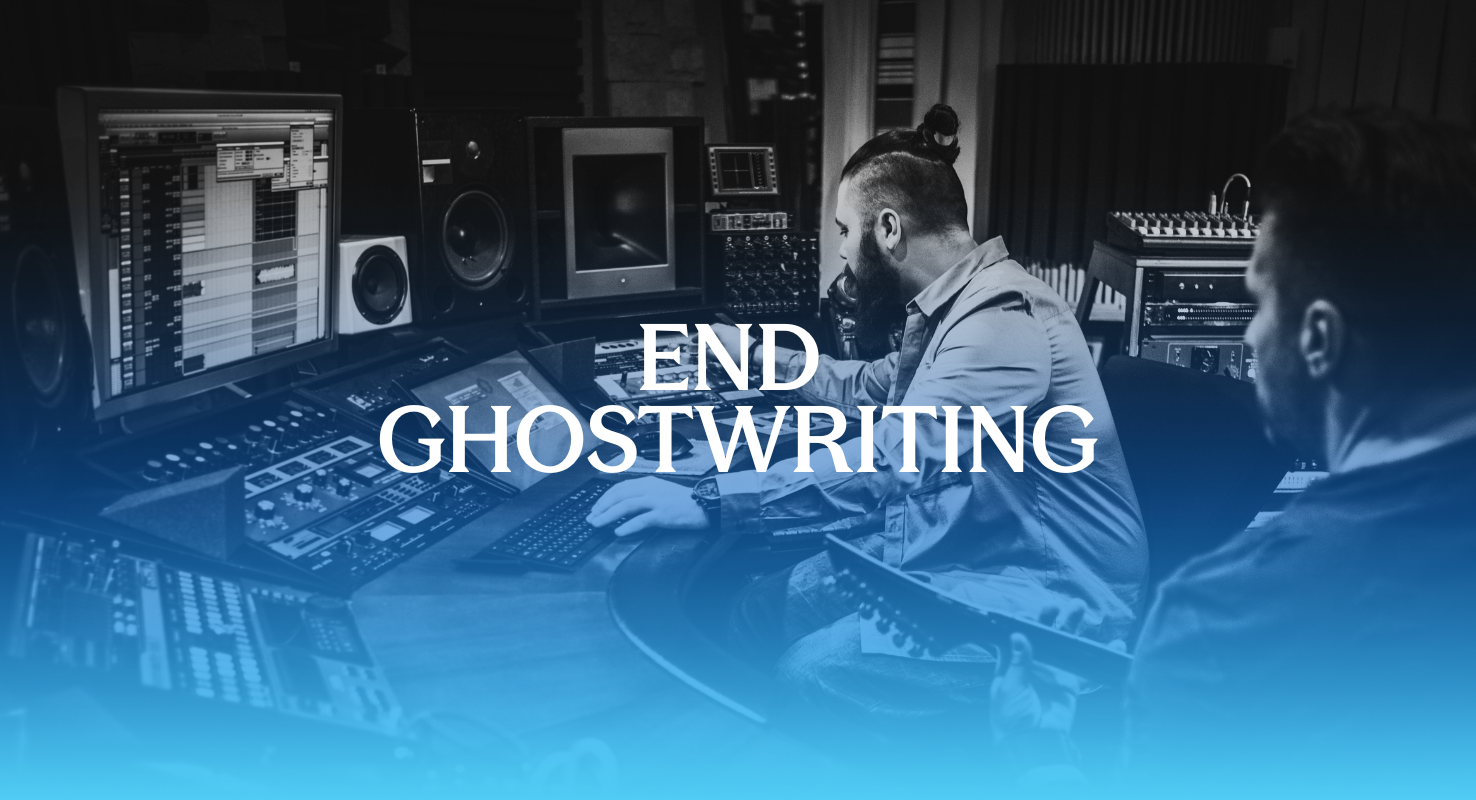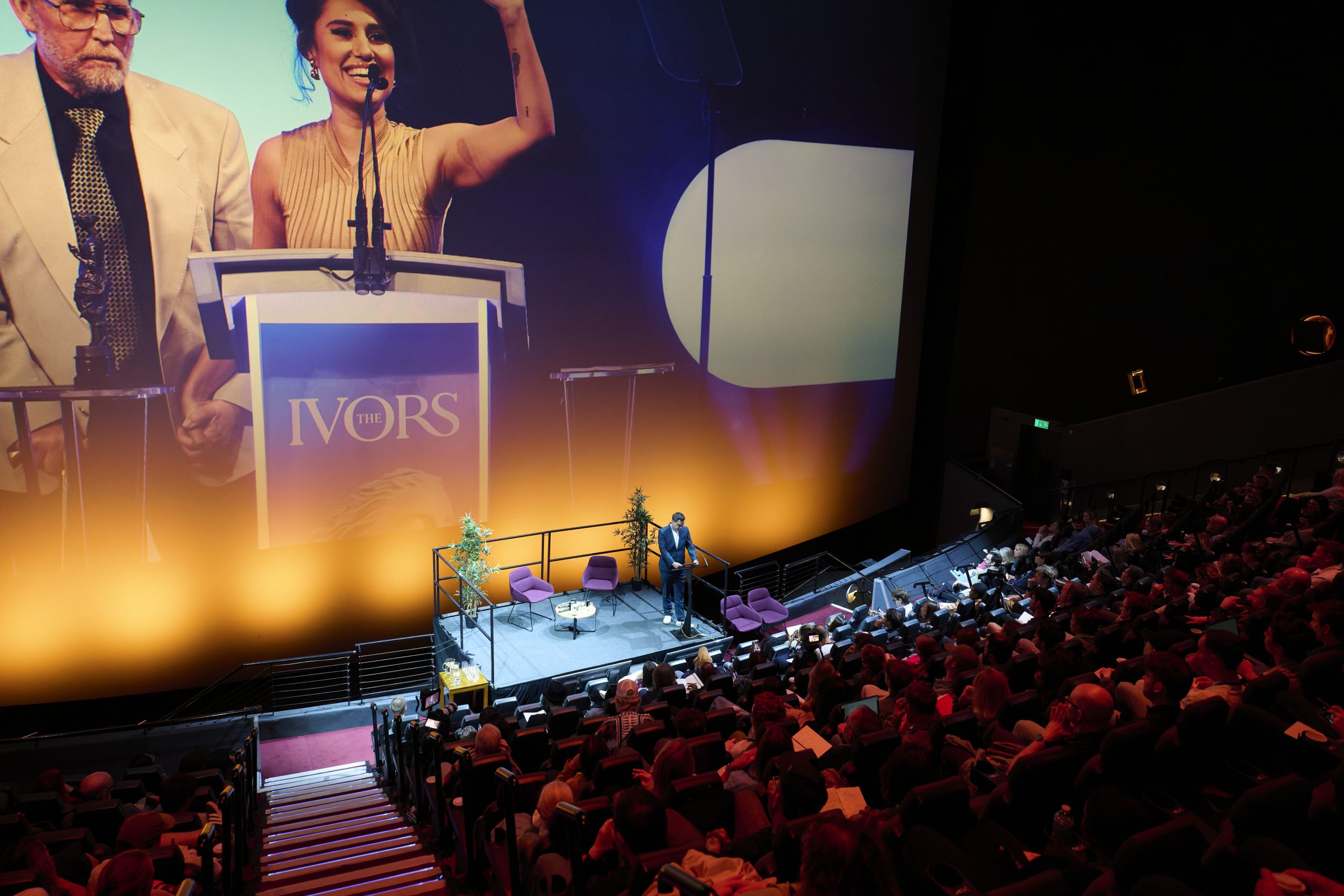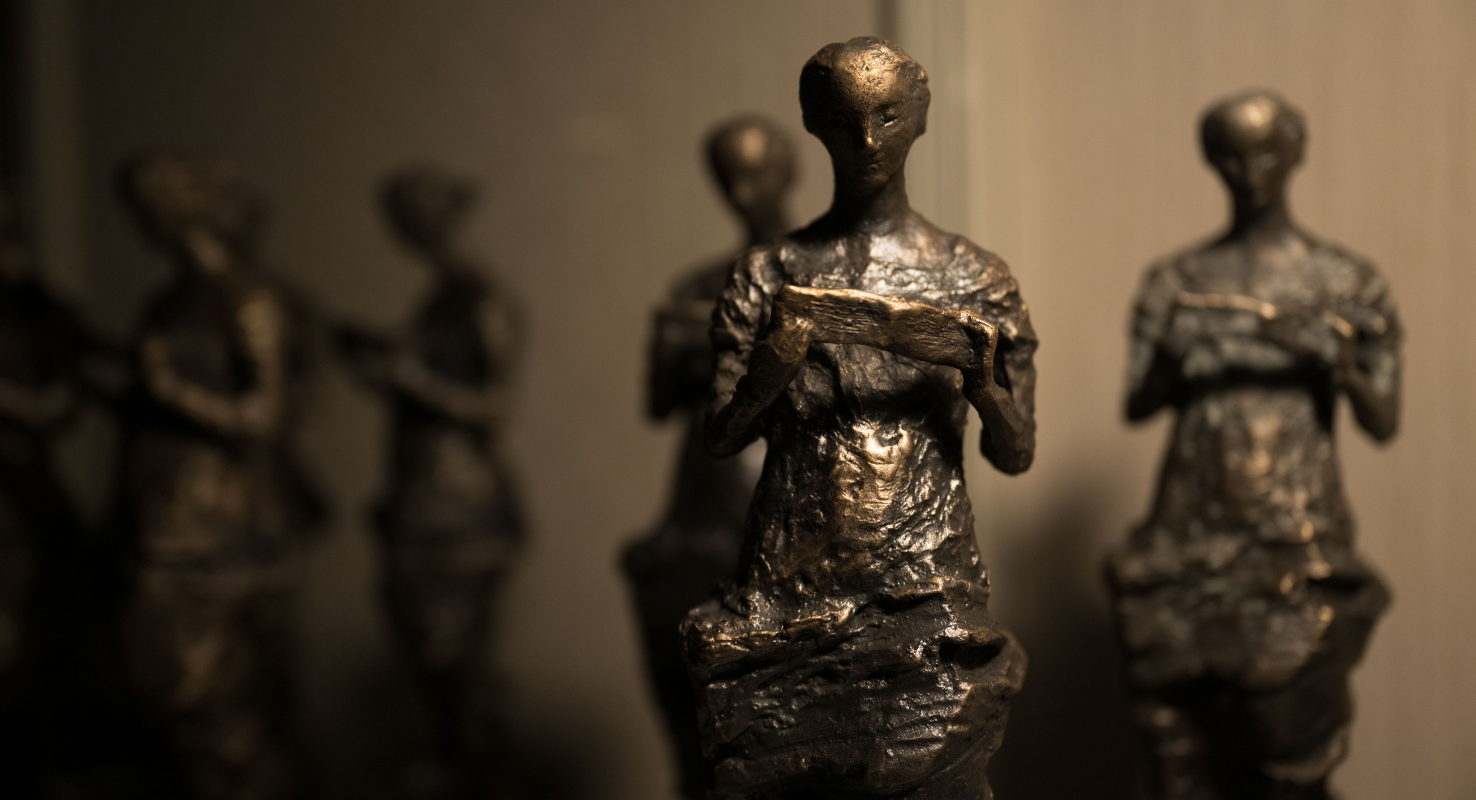As the new year gets into full swing, many amongst will likely be hitting the ground running. Some taking on ‘Veganuary’ are no doubt enjoying the discovery of new recipes. Those brave enough to attempt ‘Dry January’ are likely revelling in their newfound energy, or perhaps counting down the days until February! Amidst the optimism, we reflect on the year gone past and turn our attention in our first Member Spotlight of 2024, to a young composer who concluded the year on a triumphant note.
On 14th November 2023, The Ivors Classical awards saw the coming together of some of the most accomplished composers and sound artists in the UK and Ireland, for a night to celebrate outstanding contemporary compositions. When the announcement came for the winner of Best Choral composition, a surprised Ben Nobuto takes stage. While humbly recognising the calibre of wor in the category, Ben praises all who played a part in the realisation of his piece – ‘Sol’.
Sol opens with the declaration of ‘Sun’, sung by all eight voices in unison, summoning the piece into action. The Sun and Sun worship ideology is the thematic centre of the piece, although Ben concedes that this was a natural revelation from his initial vision to create a piece of music which was “bright” and “shamelessly joyful,”. Ben claims “I wanted, above all, to convey, the sensation of warm sunlight cast on skin, so direct and visceral it feels like a fact”. Folkloric images of sun worship rituals became the guiding vision for the piece. - “I like to imagine the eight singers in this piece as a little sun cult, all dancing and singing and worshipping the sun together, enjoying their weird pagan rituals”. This image allowed Ben to create a chaotic antidote to the always-serene, always-earnest air of much choral music, and opened a door to fun, unconventional ways of producing sound, from speaking and shouting to vocal fry and lip trills (‘blowing raspberries’), to fragile sounds like inhaling/exhaling, whistling and singing microtones (i.e. going ‘out of tune’).
[content_video url="https://www.youtube.com/embed/f5wMUp6FIY4"] [/content_video]
Unconventional could be considered a term synonymous with a lot of Ben’s work. Ben's compositions are often sonic explorations, delving into themes of attention and fragmentation. Ben isn’t afraid to use chaos to create juxtaposing feelings of anxiety and euphoria, shaping compositions such as ‘Serenity 2.0’ (2021). Commissioned by the Manchester Collective as part of their ‘Heavy Metal’ tour, Metric beeping, constant fragmentation, and a littering of sampled internet clips create a “strange mixture of euphoria, boredom and anxiety that makes it hard to locate how you’re actually feeling”. Ben likens this piece to a “musical video game” where the performing musicians are “dropped into this labyrinth and they make their way around and nothing makes sense.”
[content_video url="https://www.youtube.com/embed/8t4RuT36v8A"] [/content_video]
Serenity 2.0 was Inspired by Ben’s difficulties with meditation and maintaining focus in an age of constant distraction. Nods to internet cultural references are found throughout Ben’s discography. Lucid, (2020) - A frenetic patchwork of clips from popular music, Politician interviews, News bulletins Viral clips and memes can be considered an embodiment of this. Much like Serenity 2.0, the piece plays with paralysis of the senses, moving from manic repetition of referential clips into total sensory overload. Ben live performance the piece looks like an intricate dance between piano and electronics. The implied time it would have taken to learn the nuanced order of the clips and perform them with such precision is as impressive as the composition itself. Ben’s interest in composing in this style comes from his own love of experiencing this ‘magic trick’ style of performance as an audience member. Ben jests that for him, “An idea in its purest form would be almost unplayable. It would be so fast and so extreme and so precise that it wouldn’t be enjoyable to listen to. It’s a dream to be able to do it in some way”.
[content_video url="https://www.youtube.com/embed/GTZrO2-Qce8"] [/content_video]
I sat down with Ben during an unexpected spot of January sunshine to discuss his composing, his inspirations, and his win at The Ivors Classical Awards…
[content_video url="https://www.youtube.com/embed/WEiOlIf-HqE"] [/content_video]
MEET BEN…
Describe your experience at the Ivors Classical Awards and how was it to win an Award?
It was really unexpected actually. I went there thinking it would just be a nice night, maybe some free drinks and maybe I’d see some people I know. I have immense respect for the other composers in the category. I didn’t expect it at all so it was a nice feeling!
You won Best Choral Composition with ‘Sol’, You’ve written that this is a piece dedicated to the Sun, can you talk to how this came to be?
To tell the truth, the whole sun thing came a little bit afterwards. Usually when I write, I have this idea or feeling or a certain intensity I want to get across. And as I’m writing it, it sort of attaches itself to ideas, like the sun or paganism or something like that. I wanted to write something that was bright and shamelessly joyful - playful and alive. It feels like the music moves where it wants to go and does whatever it wants to do. It’s how I feel being in the sun… like how this today could be anything.
What inspired you to use fragments of found conversation for the text in ‘Sol’.
The idea of everything, everywhere, all at once and getting that across in musical form is like a fixation and obsession for me. For the text in sol, instead of saying ‘I’m going to do the text from this poem by whoever,’ I’m trying to get across snippets of everything happening all at once. In terms of text, I’m using lots of fragments of different conversations and stuff like that, or if it’s electronic music sampling lots of snippets of random different bits of music and shoving that into one piece as well. It’s the same idea but it’s just expressed in different ways.
In your other work, for example ‘clickbait’, you use a lot of clips taken from the internet that have their own cultural references attached. What draws you to this style of composing?
It’s something that I’ve been fixated on for a while. I don’t really know why. We live in a world where we have access to everything and we are constantly bombarded with so much information and certain stories from around the world. It’s some holiday pictures and then someone’s food and then some atrocity happening somewhere, and it’s all in the same stream of information. Humans haven’t had to deal with that kind of thing before. This is all new and weird. I think – ‘How can I get across this ambiguous feeling’. There’s an anxiety to it but also like a thrill. If I’ve been spending a lot of time on Instagram there’s a part of my brain that feels a little bit unhinged. I almost feel high. And this is mixed in with the feeling of dread. That’s the goal.
Attention Fragmentation is also a constant theme in your composition…
It’s the same kind of idea. In a lot of my music there is a focus on saturation. Too much happening at once and then the extreme opposite to that, which is total stillness. It’s like an arctic landscape or like a neutral white room - That’s what I imagine. When I meditate, I imagine a white room, the opposite from the crazy bombarding chaos. I have those two binaries in opposition and I try and present them both at the same time. As the listener you try and navigate your way out the chaos to the white room.
You cite meditation and your struggles with practicing it an inspiration behind your piece ‘Serenity 2.0’, What role does meditation have in your life?
I’m not very good at it, but just the act of doing it is worthwhile. Just by doing it you notice things. With Serenity2.0, it’s almost like a musical video game, I imagine the string players and the percussion players dropped into this labyrinth and they make their way around and nothing makes sense.
Does meditation play a part in your creative process?
It definitely helps. What really helps me is lying in bed, the moment before you go to sleep and you have a rare moment of clarity in your day where you are not doing anything else. That’s usually a canvas for me. I can imagine ideas and sounds really clearly, which is dumb because I should be trying to get to sleep! I think everyone should have time in the day where they do that but it’s hard sometimes.
You reference literature quite a lot in other interviews. Is it common for you to find compositional ideas and themes from literature?
I don’t read that much. But sometimes I’ll read something and maybe it’s just one line and it summarises something that I’m trying to capture in my head so clearly and it gives an idea some shape. As a musician, I’m not an authority to speak on anything other than music really. Yet when I write a piece I get to have a focus, like if I’m writing about time or something, I can go away and read essays about time and like pretend I know stuff and present that to the listener… It’s interesting to explore ideas and connect ideas together from different areas which I find really creatively stimulating.
Would you say you find more inspiration from the stillness or chaos?
I think to create, I need the still. But for the material that inspires me to create, I need the crazy urban landscape – so it’s a bit of both! To actually make stuff, you need stillness. You need your own space and just lots of time to work through things and get things wrong. It’s a really boring, tedious process. It’s funny we talk about it in this glamorous way but 90% of the work is trial and error and stumbling around.
I’ve heard you talk to deadlines being a necessary evil in your creative process. Do deadlines play an important role in how you work?
Yeah, I think so – it’s not good! I am the sort of person who needs it. When I write music, every step takes the music forward down a path. I am imagining hundreds of different paths and if you go down this road you write this piece. If you go down that road you write that piece. I explore a hundred different options and have loads of music with loads of diverging parts of different pieces. It’s only at the end when I scrap 90% of it and go with one. It’s really labour intensive and a dumb way of working. If I don’t have a deadline, I’ll be forever switching between the different paths.
Lots of your work consists of very meticulous and precise playing. ‘Lucid’ and your musical interpretation of Christopher Knowles’ poem ‘Emily likes the TV’ are prime examples of this. What draws you to this style of playing?
It was hard but I’d say I don’t have a problem with that. I guess that’s why I write those piano pieces for myself because there’s no limit for myself. When you’re writing for other people, you’re constantly thinking ‘is this too hard for them’ or ‘Am I giving them too much work?’ If it’s myself, I’m happy to do whatever extreme I want to push myself to learn because I want to do it. Memorising pieces chopped up in sequence like that – it’s fun. It feels like being back in school and you are having to learn verb conjugations or something.
Memorising the order of the parts must have been a challenge!
I feel like it’s worth it. Something I enjoy seeing live is precision pulled off really accurately in a way that kind of defies human performance. It’s like ‘woah how did they do that!’ It’s almost like a magic trick. I’m trying to go for that extreme level of unhuman precision.
In my head, an idea in its purest form would be almost unplayable. It would be so fast and so extreme and so precise that it wouldn’t be enjoyable to listen to. It’s a dream to be able to do it in some way. Maybe on a large scale, with an ensemble or something. There’s just a level of it being so unhuman - it’s like magic.
Do you have plans on doing this extreme style playing in future pieces?
Yeah definitely, I’m always recycling the same three ideas so you’ll see it again in some other form.
What are you working on at the moment?
At the moment, I’m writing a piece for BBC singers – a chamber choir. It’s sort of like ‘Sol’ but for double the amount of voices basically. I’m going to be writing a piece for Birmingham Contemporary Music Group – it’s for an ensemble and it’s inspired by ancient Japanese theatre, that’s happening in June – that’ll be exciting! In the backdrop of all this, I’ve been making an album for a while of just new music for whatever - Instruments and electronics and whatever I choose to! It’s funny – I keep updating my Bio to push back the date. It’s one of those things that because there is no real deadline. You’ll hear it either this year or next year.
What are you listening to at the moment? I’ve heard when you’re creating you don’t listen to much music.
At the moment – Nothing. I have manic, full days of composing currently and for my sanity I need to give my ears and brain a rest at the end of the day. Maybe just random electronic music. Kieran Hebdon (FourTet) has a playlist on Spotify of random tracks. Sometimes I go there. There’s really good, weird stuff.
Thank You, Ben…
If you are an Ivors Academy member and feel like you have something worth spotlighting, send an email to membership@ivorsacademy.com. To find out more about membership, click here.
Follow Ben on Twitter and Instagram.
Follow The Ivors Academy on Instagram and Twitter.
Click here to subscribe to the fortnightly newsletter.




